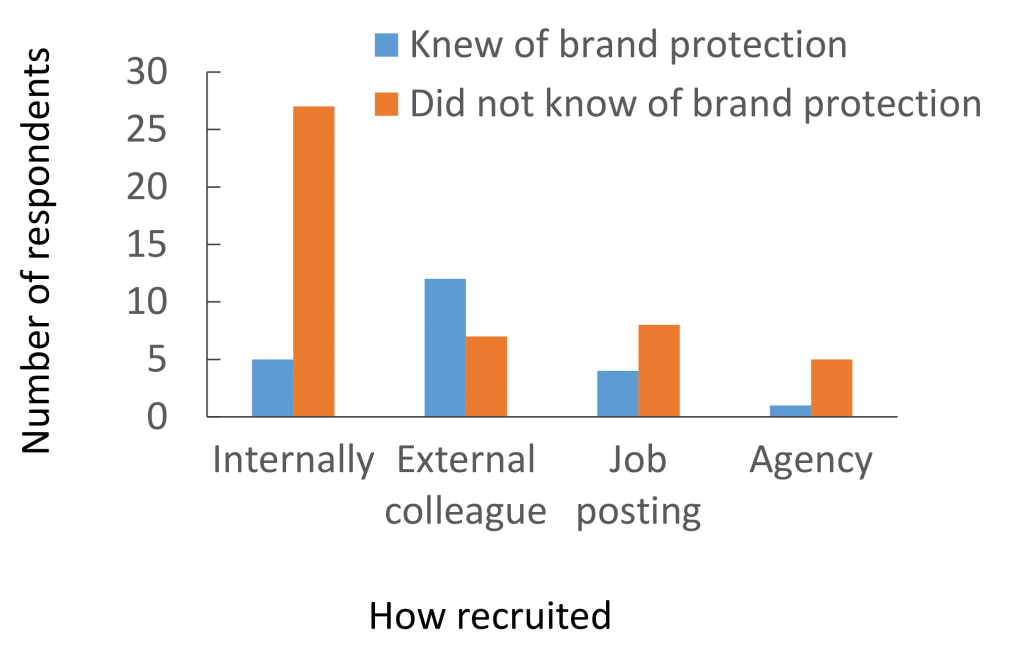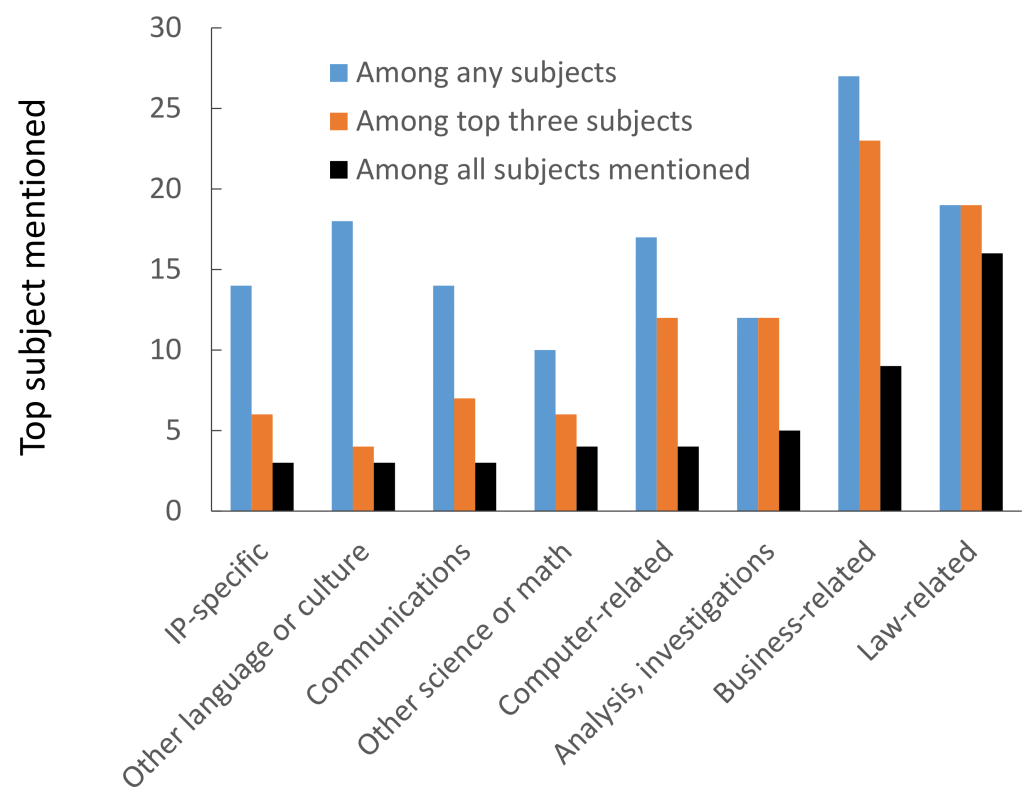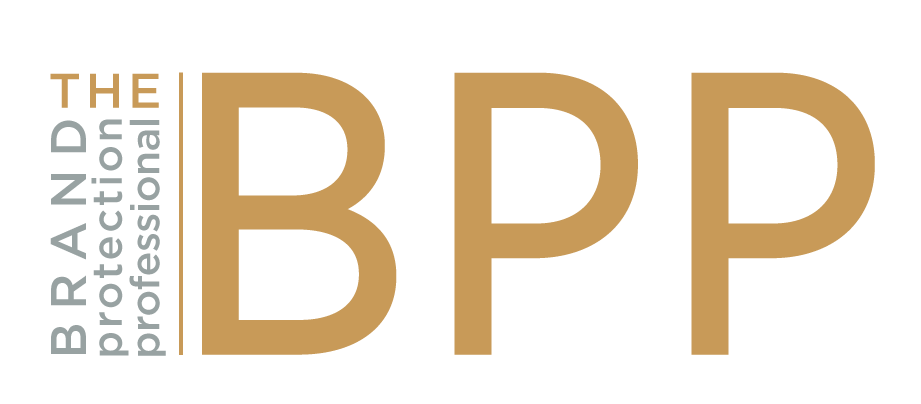In Our Last Temperature Test, we asked…
Where Do Brand Protection People Come From?
Brand protection professionals are a diverse group, with a variety of educational and professional backgrounds. Their field is dynamic, fast moving, and never boring. As Kevin Weaver of Johnson & Johnson (see BP Forum) shared,
Almost everybody in our Brand Protection team has a different background. We truly believe in order to address illicit trade you need to build a cross-functional/virtual team. We have Marketing, Sales, Supply Chain Logistics, Supply Chain Planning, Manufacturing, Quality, Product Development, Packaging, Legal/IP attorneys, Information Technology, Investigators, and former Government Agency officials…and remember we are all patients/consumers.
Our latest Temperature Test poll sought to help brand protection professionals better understand their field and their fellow professionals by asking them about their own background and what attributes are most important for a career in the field.
Altogether, 71 brand protection professionals completed the poll. Among these, 71 percent described their current job function as brand protection. Others described their work as IP counsel, security, or asset protection. Asked their educational attainment, 47 percent reported a graduate degree, 45 percent reported a bachelor’s degree, and 9 percent reported a lower level of education (percentages rounded).

Figure 1 shows how brand protection professionals were first recruited to the field by whether they previously knew of it. Thirty-six of 69 participants responding (46 percent) were recruited internally; 19 (28 percent) were recommended by a colleague outside their organization. Most did not know of the field before entering it, though most recruited by an external colleague did.
Asked their initial impressions of the field, many used phrases such as “interesting” or “fascinating.” Some also noted the field was “fragmented” or had a “wild West feel to it.”
Only 23 percent said that they received any formal training upon hire for their first position in brand protection. Among those who did receive training, a little less than half received no more than two weeks, while most received ongoing or longer periods of training.
Asked what skills make a good candidate for brand protection, respondents identified more than 200 separate skills, as the accompanying word cloud on the next page shows.

Figure 2 show these respondents ranked law-related subjects, including criminal justice, as most important, but may ranked business-related subjects highly as well. Other subjects ranked highly were computer-related courses, science and math, and communications or languages. Other courses recommended to prepare for a career in brand protection included computer-related courses, as well as those in science or math and in communications or languages.
The next poll will address well known or famous trademarks and their enforcement value.
THE BRAND PROTECTION PROFESSIONAL | MARCH 2017| VOLUME 2 NUMBER 1
2017 COPYRIGHT MICHIGAN STATE UNIVERSITY BOARD OF TRUSTEES
